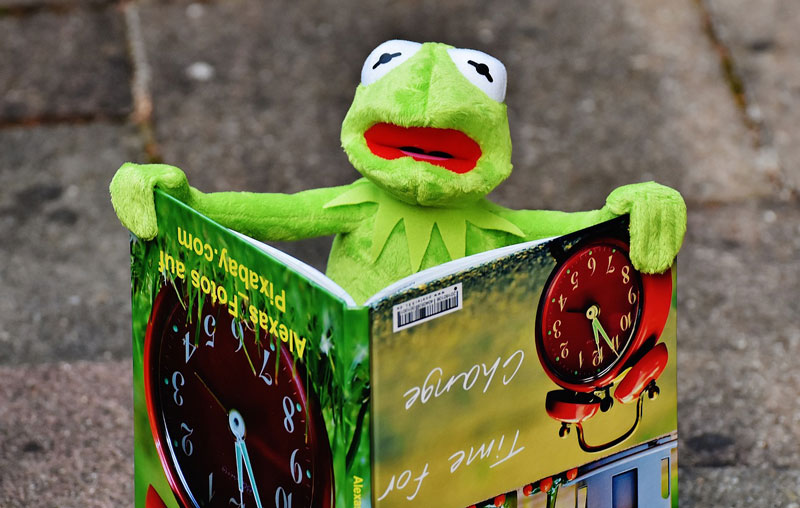We’re setting aside boats this week to wade deep into the book publishing world. Recently a friend asked for pointers in finding a literary agent, and even though it’s a very personal journey, there are still plenty of lessons I learned over a successful one year search that might be useful to others.
First and most importantly, understand that the process (which even has its own Twitter hashtag, #amquerying) will likely take far longer than you think it should. Start a spreadsheet to record the agents you query (or plan to query), along with information about what they’re looking for and any books you’ve read which they’ve represented. That will prevent you from querying the same agent twice, and give you a “next!” list to turn to after a rejection (or stone-cold silence). It will also help you figure out what you really need in an agent, which at least for me wasn’t obvious at the beginning; I definitely ended up kissing a few frogs along the way to finding Ms. Right.

One Stop Shopping
The one part of the process that’s easy is finding all those frogs, er, agents. There are several sites that compile listings into one place. My personal favorite is Query Tracker, because below the listings are comments from authors about the agent’s response (or lack thereof).
No matter what site you end up scrolling through, the first question to answer is your book’s genre, which is sometimes described as “where would I find it in a bookstore?” Well-defined genres include mystery and romance; less well-defined are “literary” and “women’s fiction.” (Seeking an agreed-upon definition of either term will lead you down a web rabbit-hole or three.) The reason you need to understand your genre is that agents have specialties, just as readers have preferences that take them to a specific section in the library. Querying your romance novel to an agent who represents memoir is worse than keeping that manuscript in a drawer, because it makes you look unprofessional.
Falling in Love
The next step is even murkier; trying to figure out which agent will love the book you’ve written, and you, based on what they say they like (or dislike). Here’s where Manuscript Wish List can be really helpful, since agents list their preferred sub-genres as well as a list of specific books they wish they’d represented. You can also hire many of these agents for a short (15 minute) consultation, which is a great way to learn if your query is ready for prime-time as well as whether that agent might be a good fit. #MSWL has also become a useful hashtag on Twitter (more about that in a moment).
What She Wants
One-stop-shopping only gets you so far; for anyone who looks like a good match, the next stop will be the agent’s website. Like online dating (I’m told), the quality and quantity of information agents provide about themselves will vary widely; many offer detailed lists of “do-send” and, even more valuable, “don’t send” items.
Making Connections
Twitter can be a great place to glimpse behind the persona that agents present to the world. A search for #MSWL will lead to an infinite scroll of “what she wants,” in sometimes way too much specificity.
What Twitter is not is a place to make an actual human connection; for that, a writer’s conference is the best bet. There are many around the country that include agents looking for new clients; my favorite is Muse and the Marketplace. (Join their mailing list so you’ll receive word about the next one before it fills up.)
Last but not least, Jane Friedman has written a great post on Finding a Literary Agent, and she knows the industry way better than I do. She covers the personal aspect well:
“When writers ask me ‘Can you find me a literary agent?’ they don’t realize it’s kind of like asking me ‘Can you find me the right spouse?’ This is a research process and decision that is best conducted by you.”
The query process can be painfully slow and disheartening, but it forces you to describe your book to others in a New York minute—something you’ll have to learn even if you decide to self-publish. Querying also provides a back-handed education on where your book fits into the publishing marketplace. Be honest (and proud) about what you’ve written, keep at it, and you might just find your very own Ms. Right.
Other sites and hashtags I found useful
- Manuscript Academy
- Reedsy.com
- #amquerying
- #ontheporch
Next week, we’ll get back to boats. Meanwhile, if you’ve got a question about the agent-finding process (or just want to vent about how subjective it all is), add a comment below, or email me directly at CarolNCroninATgmailDOTcom. Thanks for reading!